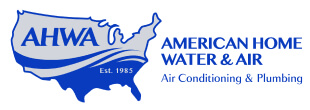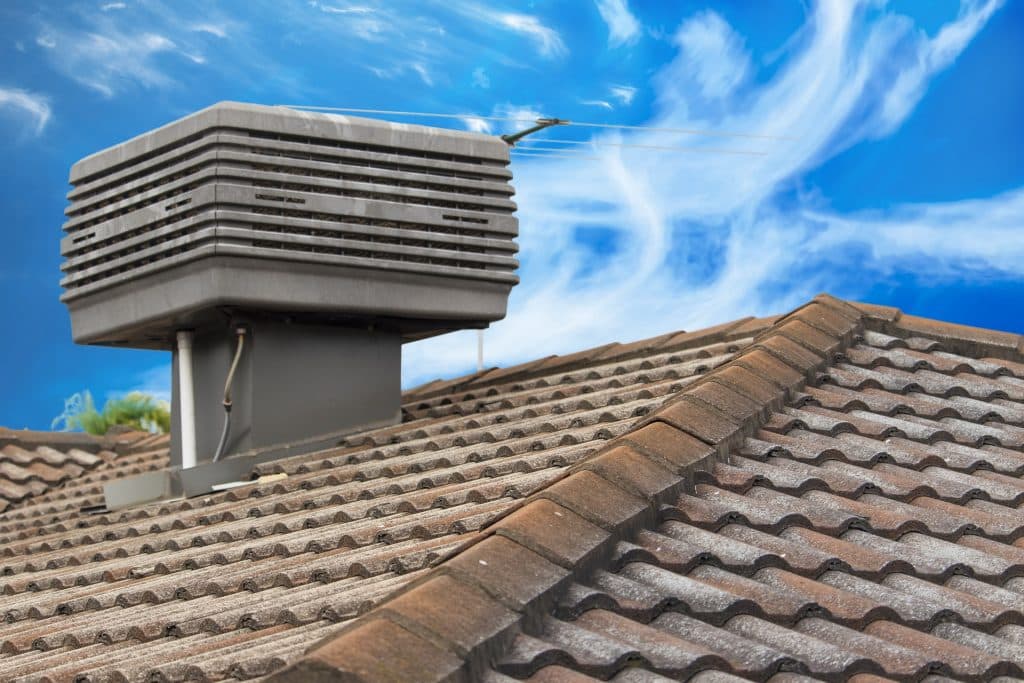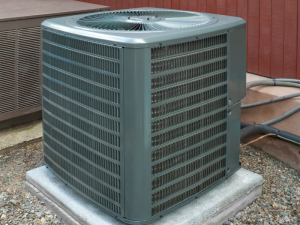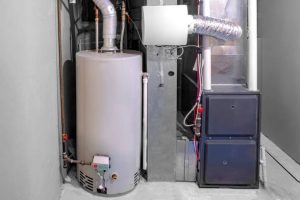HVAC systems are a crucial aspect of any home, providing comfort and maintaining indoor air quality. However, as prices for goods and services rise due to inflation, the cost of owning and maintaining an HVAC system can also increase. In this article, we will discuss how the continued rise of inflation in 2023 affects HVAC prices and what homeowners can do to mitigate these costs.
What is Inflation?
Inflation is when the general price level of goods and services in an economy increases at a steady rate over a period of time. When prices rise, each dollar spent allows you to purchase fewer goods and services, resulting in a decrease in purchasing power. Inflation is measured by the Consumer Price Index (CPI) or the Producer Price Index (PPI).
World events such as pandemic recovery and destabilization of countries essential to the supply chain will continue to push inflation higher in 2023. 2022 saw a 7-8% increase in the rate of inflation and this is expected to continue as we head into a recession, driving up the cost of doing business for everyone.
The cost of materials, labor, and manufacturing will be reflected in HVAC prices across the country and these costs will push the price paid by end consumers higher, as a result.
Impact of Inflation on HVAC Systems
As inflation rises, the cost of materials, labor, and energy used in the production and installation of HVAC systems also increases. This can lead to an increase in HVAC prices for installing a new system, as well as higher costs for repairs and maintenance.
One of the main materials used in HVAC systems is metal, which can become more expensive as inflation increases. The cost of steel, for example, has been known to fluctuate based on market conditions and can contribute to rising prices for HVAC systems. Additionally, as the cost of energy increases, the cost of operating HVAC systems can also go up, resulting in higher utility bills for homeowners.
Another factor that can contribute to HVAC price increases is the cost of labor and fuel. As inflation increases, the cost of wages and benefits for HVAC technicians and installers can also rise. The cost of fuel to arrive at job sites will also add to the costs incurred by HVAC providers. This can lead to higher prices for installation and repair services as those in the heating and cooling business are forced to pass along their added costs to customers.
HVAC Price Increase 2023
It is no secret that the pandemic and other world events have created financial hardships for everyone. Small businesses have felt it too. HVAC companies have dealt with supply and labor shortages and rising costs due to inflation. This adds up to increased prices for homeowners and, in some cases, longer waits for HVAC services
In Arizona, inflation rates and the implementation of new energy efficiency standards that have come into effect for 2023, have driven up costs significantly. So, when we talk about increased pricing for 2023, we would be remiss if we didn’t also address the new regulations that have come into place at the beginning of the year.
New HVAC Regulations for 2023
Regulations that took effect at the start of 2023 require that all HVAC systems in the country have a seasonal energy efficiency ratio (SEER) between 14 and 15. Though Arizona legislators are saying the new requirements are damaging to an already tough real estate market. They are pushing for a six-month extension to provide additional time to comply, but it has not yet been granted.
These new requirements, combined with the required phasing out of certain refrigerants used in residential air conditioning systems, mean those in the HVAC industry are faced with an increased number of customers who require replacement systems that meet the new standards.
Though these newer systems are manufactured to meet increased energy efficiency and be more environmentally friendly, the costs added by a rise in inflation and other factors will result in heftier price tags for homeowners. Many suppliers are anticipating increased costs of as much as 20%, meaning higher prices for homeowners in 2023.
Mitigating the Impact of Inflation
While the news isn’t great for HVAC businesses or customers, there are some things homeowners can do to mitigate the impact of inflation on HVAC prices.
Purchase Energy-Efficient HVAC Systems
One of the best ways to reduce the cost of operating HVAC systems is to invest in energy-efficient models. These systems use less energy to heat and cool your home, which can help to reduce utility bills. American Home Water and Air can help you navigate rough inflation waters by continuing to offer prices that remain as affordable as possible given supply and labor costs. We also offer financing plans to help you pay for your HVAC replacement should you need one.
Regular Maintenance
Regular maintenance of your HVAC system can help to prolong its lifespan and prevent costly repairs. Keeping your system in good working condition can reduce the need for expensive repairs and replacements. This may provide you with more time to budget for a future system that meets the new standards. If your system is having problems or hasn’t been serviced lately, now is the time to make an appointment for an inspection and yearly maintenance.
Invest in Insulation
Another important factor in the cost of heating and cooling your home is the amount of insulation in your walls, ceilings, and floors. Investing in adequate insulation can reduce the cost of operating your HVAC system by making your home more energy efficient.
Seal or Block Air Leaks
Seal air leaks around windows, doors, and cracks where heat can escape and cold air can get in to increase your HVAC system’s energy efficiency. Where you are unable to seal an air leak, take measures to block it with weather stripping, draft excluders, or heavy curtains.
Contact AHWA for the best service in today’s economy
The continued rise of HVAC prices throughout 2023 due to inflation can have a significant impact on the cost of owning and maintaining an HVAC system. However, by taking steps to purchase energy-efficient systems, regular maintenance, comparison shopping, and investing in insulation, homeowners can help to mitigate these costs and keep their homes comfortable.
A reliable provider of HVAC services like American Home Water and Air can make a big difference in your overall savings, so call us today to see how we can help you save money with your home systems.










